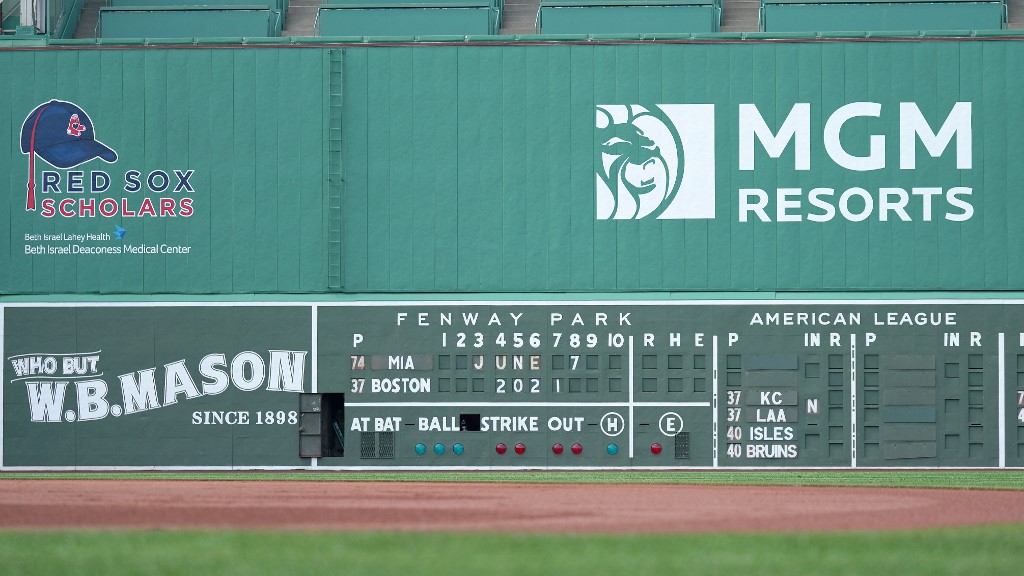
Formally introducing it won’t happen until later this year, so lawmakers are still working on the legislation that targets sports betting advertising, among other things.
The language in New York Congressman Paul Tonko’s bill is being fine-tuned. He aims to ensure the SAFE Bet Act fully accomplishes his goals for the US sports betting community when it is introduced.
“We put a framework out, now we are wordsmithing it,” Tonko said while attending a community event in Saratoga Springs, NY. “We are networking with folks to make certain we get (the bill) exactly as we intended.”
Three Areas of Sports Betting in the Cross Hairs
Tonko first addressed sports betting ads last year in the “Betting on Our Future Act”. The bill was narrowly focused on advertising by sports betting operators. It models the Public Health Cigarette Smoking Act. This act banned tobacco advertisements and aimed to prohibit all online and electronic advertising of sports gambling.
But this time around, Tonko’s bill is focusing on three areas of the sports betting industry that he thinks require federal regulation:
- Advertising
- Affordability
- Artificial Intelligence
Tonko’s SAFE Bet Act proposes several key measures, including:
- Banning sportsbook advertisements during live sporting events
- Prohibiting the use of terms like ‘bonus’ or ‘no sweat’ in sportsbook ads
- Forbidding sportsbooks from accepting credit card deposits
- Limiting customers to a maximum of five deposits within 24 hours
- Banning the use of artificial intelligence by gambling operators to track gambling habits or create personalized prop bets
Banning the use of artificial intelligence to track players’ habits or offer personalized promotions and create gambling products like microbets could impact the live betting market. Companies like Kambi, which are already investing in AI modeling software to enhance and expand live betting options, would feel it the most.
“We’re not looking to outlaw gambling,” Tonko said. “I think this unrestricted, wild west environment is not helpful to anybody and we think it’s necessary to have some restrictions so there are not these targeted audiences that are preyed upon (by advertising).”
Tomko Hopes To Follow Other States
Several states have specific regulations regarding advertising and the language used to attract customers.
For instance, Ohio sports betting regulators prohibit sportsbooks from advertising promotions as ‘free bets’ or ‘risk-free’ if customers are required to wager their own money first. This rule has effectively led to the discontinuation of these terms across the industry.
In Massachusetts, all sportsbook logos displayed at stadiums must include ’21 and over’ language. Maine enforces strict advertising rules for sportsbooks, prohibiting the use of celebrities and the promotion of bonus offers. Similarly, Ontario bans current and retired athletes from most sportsbook advertisements.
In Pennsylvania, some lawmakers are pushing to ban customers from using credit cards to fund online gambling accounts, including sports betting and online casino apps.
A recent proposal in Minnesota sets specific financial limits for sports betting, detailing how much players can deposit and lose within a given period.
We’ll wait to see how it all plays out for Tomko and his legislation.












